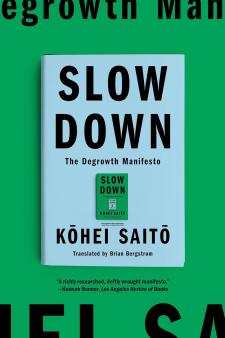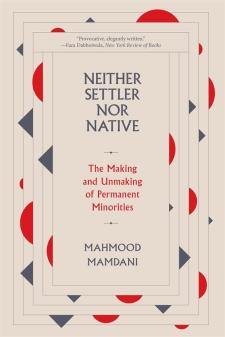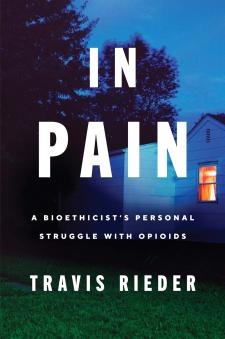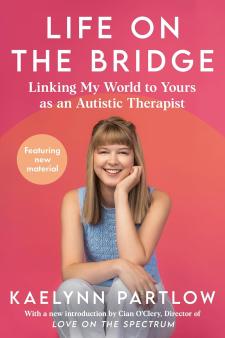Book Clubs on Ethics
Ethics Between the Lines
The Center for the Study of Ethics in Society is hosting a book club series during the spring 2026 semester. The first 10 people who sign up will get a free copy of the book. WMU students who attend all scheduled meetings of their book club earn Signature credit. All are welcome.
Slow Down: The Degrowth Manifesto by Kohei Saito. In this international best-seller, Saito argues that capitalism cannot be the source of solutions to climate change because of its emphasis on perpetual growth. Instead, he advocates for slowing down economic activity through the democratic reform of labor and production. Ethical themes include climate ethics, uneven development and workplace democracy. Led by Michael Brook, Graduate Instructor in the Department of Philosophy. In-person meetings will be at 5:30 p.m. Wednesdays Jan. 28, Feb. 4 and Feb. 11 in 4550 Sangren Hall. Visitor parking in lots 68 and 69; no meter fees after 5 p.m.
Should We Go Extinct? A Philosophical Dilemma for Our Times by Todd May. The author, philosophical advisor to TV’s The Good Place, presents the title question not as a mere rhetorical provocation, but as an open dilemma, inviting readers to weigh both sides of the ledger and reconsider their moral presumptions. Some of the key ethical themes and tensions explored include the suffering human beings cause and the value of human culture. Led by Blake Hereth, Assistant Professor of Medical Ethics, Humanities, & Law at the Western Michigan University Homer Stryker M.D. School of Medicine. Virtual meetings will be at 10 a.m. Fridays Feb. 13, Feb. 20, Feb. 27 and March 6 on Teams. Participants will receive the meeting link after they register.
Neither Settler Nor Native: The Making and Unmaking of Permanent Minorities by Mahmood Mamdani. The author proposes that decolonization requires exploring the causal relations between the creation of religious and racialized minorities and between exclusion, genocide and exploitation administered by state violence. In contrast to the legal approach of international bodies like Nuremberg, Mamdani proposes creating a political community of shared experiences and democratic commitments as a political solution to political violence. Led by W.F. Santiago-Valles, Emeritus Professor of Africana Studies. Virtual meetings will be at 6 p.m. Wednesdays March 4, March 18, March 25 and April 1 on Zoom. Participants will receive the meeting link after they register.
In Pain: A Bioethicist’s Personal Struggle with Opioids by Travis Rieder. In this memoir of pain and addiction, Rieder raises several ethical issues at the intersection of medicine and public health. One is the failure to uphold the obligation to “do no harm.” Another concerns autonomy: Rieder’s experience suggests that patients may be uninformed about the risks of dependence and withdrawal. Also, the same system that overprescribes opioids to some populations often stigmatizes or neglects those suffering from addiction, revealing a double standard in how society allocates compassion and medical resources. Led by Fritz Allhoff, Professor in the Department of Philosophy. In-person meetings will be at 6 p.m. March 16, March 23 and March 30 in 3120 Sangren Hall. Visitor parking in lots 68 and 69; no meter fees after 5 p.m.
Life on the Bridge: Linking My World to Yours as an Autistic Therapist by Kaelynn Partlow. The author is able to bridge the divide among autistic individuals, their families, and therapists. She gives concrete advice for improving connections, enhancing communication and dealing with challenges. Ethical issues include autism advocacy and self-advocacy, neurodivergence and the neurodiversity movement, disability identity, perspectives on autism treatment, and autistic culture and communication. Led by Stephanie Peterson, Associate Dean of the College of Arts and Sciences. In-person meetings will be 5:30 p.m. Mondays April 6, April 13 and April 20 in 3120 Sangren Hall. Visitor parking in lots 68 and 69; no meter fees after 5 p.m.
Everyone is welcome.
Got an idea for a book club? The Center's advisory board reviews proposals in November and March. Fill our this form to propose a book club idea.
To see a list of previous Ethics Center book clubs, click here.






